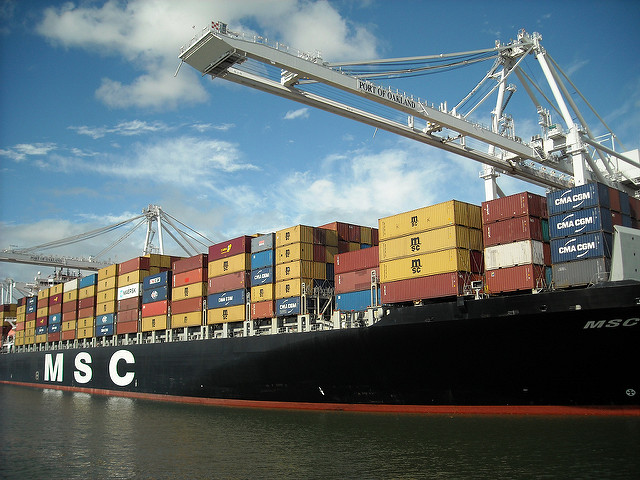
In the newest episode of Joe Versus the Economy, the Biden campaign is promising to impose an offshoring tax penalty and a “Made in America” tax credit.
This economically illiterate scheme ignores several key facts:
● The United States increasingly relies on “onshoring” by companies like BMW in South Carolina and Mercedes-Benz in Alabama to create jobs and exports. As of 2017, 8.1 million Americans owed their jobs to foreign direct investment (FDI). FDI generates $223 billion in U.S. exports, including $23 billion in automobile exports. Biden should welcome such investment, instead of threatening to launch a new global war on investment via the tax code. A more constructive approach would be for the Biden campaign to make clear that it rejects the Trump administration’s assertion that such investment threatens U.S. national security.
● “Made in the USA” is an outdated term that deserves to be relegated to the trash heap of history. This is not 1950, when it was more typical for a product to be made in a single country. Today, cars, iPhones, t-shirts, and just about everything else you can think of are made with inputs from across the globe. The countries that will be able to generate the most economic growth and create the best jobs for their citizens are those that will allow their businesses to access the best goods and services from across the world. Countries that interfere - by imposing punitive tariffs or tax penalties in a misguided effort to require use of “made local” products - will fall behind.
● Enforcing Biden’s tax scheme would require a massive expansion of government involvement in business activities in order to determine compliance. The new taxes and credits would be a job-creating bonanza for lawyers and business consultants focused on advising firms on how to structure their companies in order to avoid new offshoring taxes and to benefit from new tax credits.
● Biden’s new tax plans bring to mind separate Trump-Biden efforts to require Americans to use Made-in-the-USA pharmaceutical goods. The flaw with this approach is obvious as pharmaceutical manufacturers around the world race to develop a COVID-19 vaccine. Americans will obviously benefit when a vaccine is finally produced, whether it is manufactured domestically or imported from England or elsewhere. Similarly, Americans benefit when we are free to import tomatoes from Mexico and t-shirts from Bangladesh.
● Finally, it might not be politically popular to point this out, but if a U.S. company can provide Americans with more affordable products by moving production overseas, it is a net win for the United States. For example, the prices of clothing and televisions have been falling for years, trends that would be reversed if the government decided to require everyone to buy made-in-the-USA underwear and consumer goods. Such policies represent a return to the mercantilist policies of the 1600s.
The Biden and Trump campaigns appear to be engaged in a cage match to see which can come up with the most backwards trade plans. Americans need economic policies designed for 2020 and beyond, not reactionary plans from campaigns that seem to think we are still living in the year 1950, or even worse, 1650.

